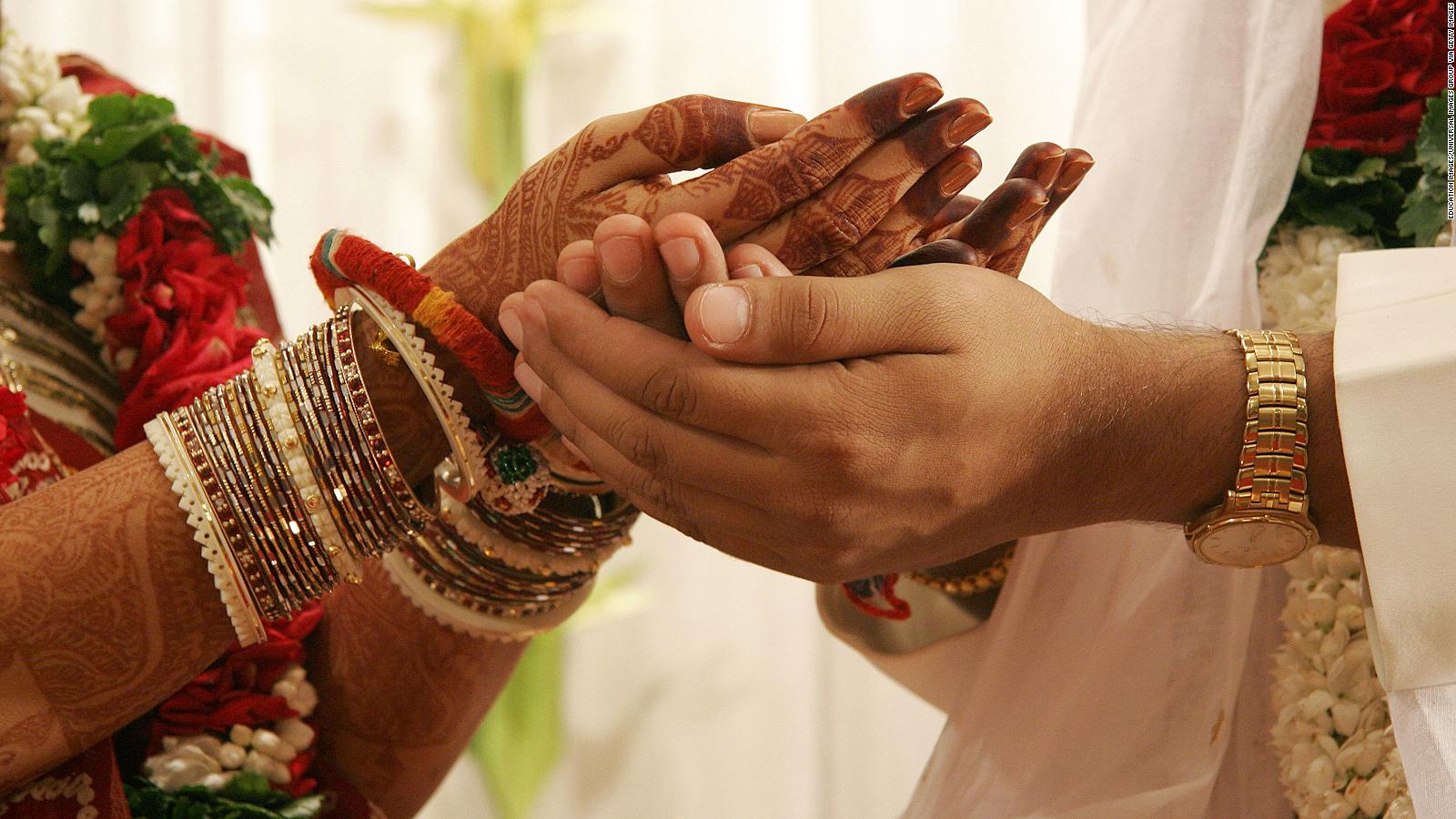
Forced conversion marriages and fake marriages, where individuals conceal their real names, religions, or identities, have become a growing concern in India. These practices often involve deception, coercion, and exploitation, violating fundamental human rights and creating social tensions. Illegal cash transactions play a significant role in enabling these activities by facilitating fraudulent documentation, bribery, and the manipulation of legal and social systems.
How Cash Corruption Fuels Forced Conversion and Fake Marriages
- Forgery of Documents:
Cash bribes are frequently used to procure fake identity documents, such as Aadhaar cards, birth certificates, and marriage registration documents. This allows individuals to assume false identities, including changing their religion or name, to deceive their partners or families. - Bribing Officials:
Corrupt officials in local administrations, police departments, and religious institutions may accept cash bribes to overlook irregularities in identity verification or marriage registration processes. This enables forced conversions and fake marriages to go undetected. - Exploitation of Vulnerable Individuals:
Victims, particularly women from economically weaker sections, are often targeted by individuals or groups who use cash to lure or coerce them into conversion marriages. In some cases, promises of financial stability or job opportunities are used to manipulate victims. - Hiding Religious or Marital Status:
Cash corruption enables individuals to hide their true religious affiliation, marital status, or criminal background. By paying intermediaries or officials, they can create fake profiles and gain trust under false pretenses. - Middlemen Networks:
Organized networks of middlemen, often fueled by illegal cash transactions, play a pivotal role in orchestrating fake marriages and conversions. These networks provide logistical support, including falsified documents and coordination with corrupt authorities.
Impact of Cash-Driven Forced Conversion and Fake Marriages
- Violation of Human Rights:
Forced conversion marriages violate the rights of individuals, particularly women, to choose their religion and life partner freely. - Erosion of Trust:
Deceptive practices and fraudulent marriages undermine trust in personal relationships and societal institutions, fostering suspicion and social divisions. - Legal and Social Tensions:
Such incidents often lead to communal unrest and legal disputes, straining the judicial system and exacerbating religious tensions in a diverse country like India. - Psychological and Emotional Trauma:
Victims of fake or forced marriages often suffer long-term psychological and emotional harm, including alienation, loss of identity, and distrust in relationships.
Steps to Eliminate the Problem
- Strengthening Identity Verification:
- All identity-related processes, including marriage registration and religious conversion, should require biometric verification through systems like Aadhaar.
- Digitalization of records can prevent document forgery and ensure transparency.
- Strict Enforcement of Anti-Corruption Laws:
- Corrupt officials accepting bribes for issuing fake documents or facilitating forced conversions must face strict penalties, including dismissal and legal action.
- Anti-corruption helplines and anonymous reporting mechanisms can empower citizens to report malpractices.
- Regulation of Religious Conversions:
- Implement laws that mandate formal declarations before religious conversions, with a cooling-off period to ensure that the decision is voluntary and informed.
- Independent monitoring committees can oversee conversion processes to prevent coercion.
- Awareness Campaigns:
- Public awareness campaigns about the risks of fake marriages and forced conversions can educate communities about their rights and how to identify red flags.
- Schools, colleges, and community centers can play a role in promoting gender equality and mutual respect in relationships.
- Crackdown on Middlemen:
- Law enforcement agencies must dismantle networks of middlemen involved in orchestrating fake marriages and conversions.
- Seizing assets obtained through illegal activities can deter such practices.
- Promoting Digital Payments:
- Reducing reliance on cash transactions can help curb bribery and create an auditable trail of financial activities, making it harder for corrupt practices to thrive.
- Legal Aid and Support for Victims:
- Victims of forced conversions and fake marriages should have access to free legal aid and rehabilitation programs to help them recover and rebuild their lives.
Conclusion
Cash corruption plays a central role in enabling forced conversion marriages and fake marriages in India, fostering an environment where deception and coercion can thrive. Tackling this issue requires a multi-pronged approach that includes strengthening identity verification systems, enforcing anti-corruption laws, and promoting digital governance. By addressing the root causes of corruption and creating robust safeguards, India can protect vulnerable individuals, uphold human rights, and foster social harmony in a diverse and inclusive society.
